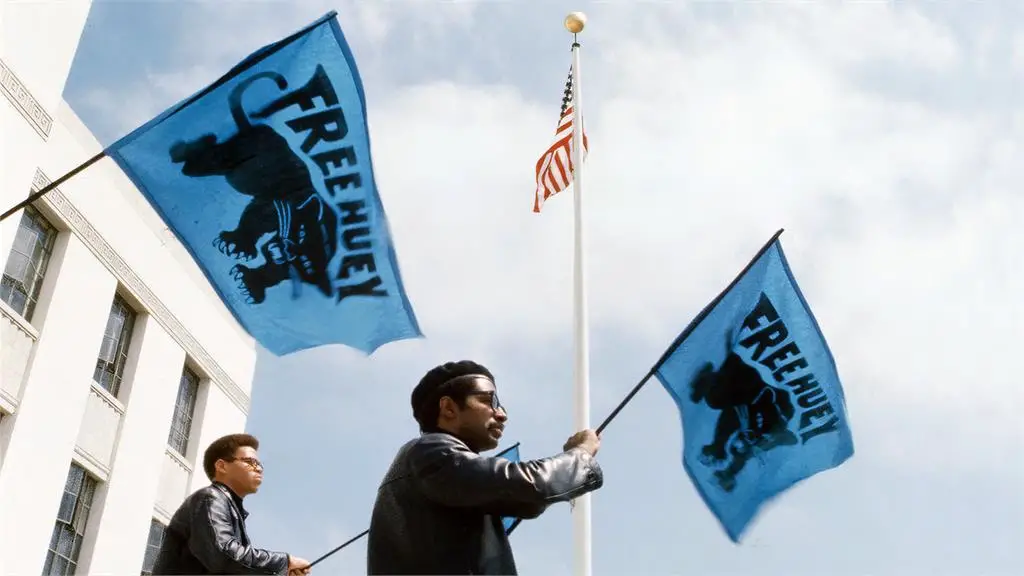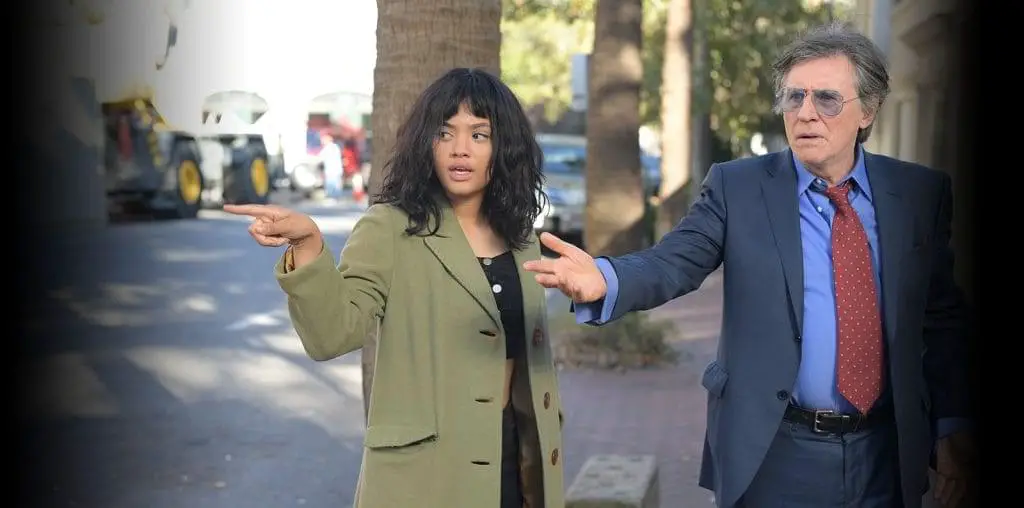
With more than 30 film festivals happening this past October worldwide, why would one want to attend the Cork Film Festival in Ireland? One reason is that it’s held in Ireland, a land of down to earth friendly folk, great conversationalists, and some of the best beer and whiskey in the world. The other reason this festival deserves note is that it provides audiences with eight chock-full days of high quality shorts, documentaries, and features. For filmmakers young and old, the festival prides itself on showcasing international and Irish shorts with prizes valued up to 25,000 Irish pounds(about US $27,500). The Festival, now in it’s 45th year, is exceptionally well-run and well-loved by the local audiences who fill the venue theaters with openness to and non-Hollywoodesque enthusiasm.
The festival, in the words of Festival Director Mick Hannigan, is “very much an audience festival…not just about screening, it’s about networking, and meeting people, and having a nice time. Primarily a cultural event but also a social event.” With its focus on shorts, the festival provides a vehicle for unusual, cutting edge, and definitely non-traditional films. Our favorite short (and the audience’s as well), was “Who’s My Favourite Girl” by Scottish filmmaker Adrian J. McDowell. In a mere 15 minutes the film provides us with a touching, amusing look at a young boy’s transition into puberty, his awkward sexuality, his first special kiss with a female other than his mum, and all while highlighting the most catching phrase of the festival: “I’ll always love my Mommy cause she kept me in her tummy.” Wow.
The number of excellent short films presented at the festival defy the space available to describe. To make it “short,” let’s just say the Cork Festival audiences feasted on a fine array of appetizing films. These ranged from the whimsical (England’s Simon Ellis’ “The Fiver Thing,” a romp into the world of two friends with no money), to the serious (Australia’s Philip Crawford and Matthew Preistly’s film “Hurt,” made by 250 young people whose faces are marked by the lines of their experiences). The films were both heart-warming (The Irish Best Short winner was Ian Power’s “Buskers,” a story of the evolving relationship between two street musicians competing for the same spot) and surrealistically thought-provoking (American Mike Mills’ short, “The Architecture of Reassurance,” a young girl’s search for security in a planned community), from freaky (Germany’s Andreas Hykade animated romp into the bizarre world of sexual desire, “The Ring of Fire”) to touching (France’s award winner, Frederic Pelle’s film, “Pieces of My Wife,” a sad journey of one man’s grief).
There were a few shorts that fell, well, short. For example, “Hong Kong” Gerard Holthuis’ drawn-out film about the closing of Hong Kong’s inner city airport made us yearn to cut and edit. There were over 100 shorts presented with more than half made in Ireland and as a whole, most in the good to excellent range.
In addition to a respectable number of documentaries, the Festival opened with the Irish Premier of Gerry Stembridge’s “About Adam,” a romantic comedy set in Dublin, and closed with “The House of Mirth,” Terence Davies’ version of the story by Edith Wharton, which involves New York Society at the turn of the century and stars Gillian Anderson in a role that she acted admirably in and one that took her far beyond that of Agent Scully.
The Irish premiere of Northern Ireland filmmaker Dudi Appleton’s “The Most Fertile Man in Ireland” was an audience hit. It is a funny, timely fantasy about a young man who bungles most things in his life until he stumbles onto something he does very well — impregnating women. He becomes a hero of sorts, destined to save both the Protestants and Catholics with his potent sperm. Although he manages to keep “up” with his responsibilities, he longs for emotional intimacy and love. Actor Kris Marshall’s facial statements convey both innocence and energy, with the lead actress, Kathy Kiera Clarke providing an excellent focus for his true love. Aside from one or two consistency errors, an excellent first feature. Well worth a watch.
The world premiere of Nick Grosso’s movie “Peaches” (a film set in London, filmed in Dublin) was also well-received. “Peaches” is a film that captures the transition to responsible adulthood with the main character, Matthew Rhys, struggling against it with all his might — an aging Peter Pan. Matthew Rhys, who recently was on stage opposite Kathleen Turner in the London stage version of “The Graduate,” reported at the press release that he had a great fun working the London pub scene. This well-made film documents the lives of three friends as they from carefree college student to adulthood with all the responsibility of job and emotional commitments. The film, adapted from a play of the same name, convincingly evokes the male focus on sexuality. Although Matthew Rhys does an admirable and convincing job in his role as Frank, his character seemed somewhat hollow, as if he was avoiding, not so much growing up, feeling emotions. He was stuck, but it wasn’t clear why he was stuck. It felt easier to sympathize with Frank’s awkward, funky shirt-wearing friend Johnny.
One of the more ponderous features was Hungarian Bela Tarr’s “The Werckmeister Harmonies,” a black and white film based on the novel “The Melancholy of Resistance by Laszlo Krasznahorkai”. As Mick Hannigan stated in his opening, the film is not for everyone. It moves slowly through the cold and snowless winter days of a small town on the Hungarian Plain. Like the bitter cold, the emotional betrayal and upheaval that strikes this small town and the soul of one particular dreamer, cuts to the bones of the audience as well as the actors. As most viewers were more familiar with American fare, the film was stretched out a little too long.
Bob Hopkins, a long time attendee and participant of the festival, brought his bizarre vision of the end of the world in a spoof on the apocalypse, not to be taken too seriously, says Bob in the introduction. “The Nine Lives of
Tomas Katz” is a strange, end-of-the-world voyage which carries itself well through the streets, sewers, and TV studies of London where a security guard is granted the power to shut down human existence. It is Monty Python meets Fellini at his best (or worst).
Attending the Murphy’s Cork Film Festival is a wonderful way to while away a week in late October and, if the past is any predictor of the future, the Festival will continue to get better by retaining its air of casual seriousness and charming professionalism. For any filmmaker who yearns to be shown in an atmosphere of acceptance and exuberance with sophisticated, attentive audiences, Cork is the place to be.
Keep scrolling down for more Cork Film Festival photo fun, and check out the 2000 winners and the entire program at [ the Cork Film Festival website. ]

